After the Hunt
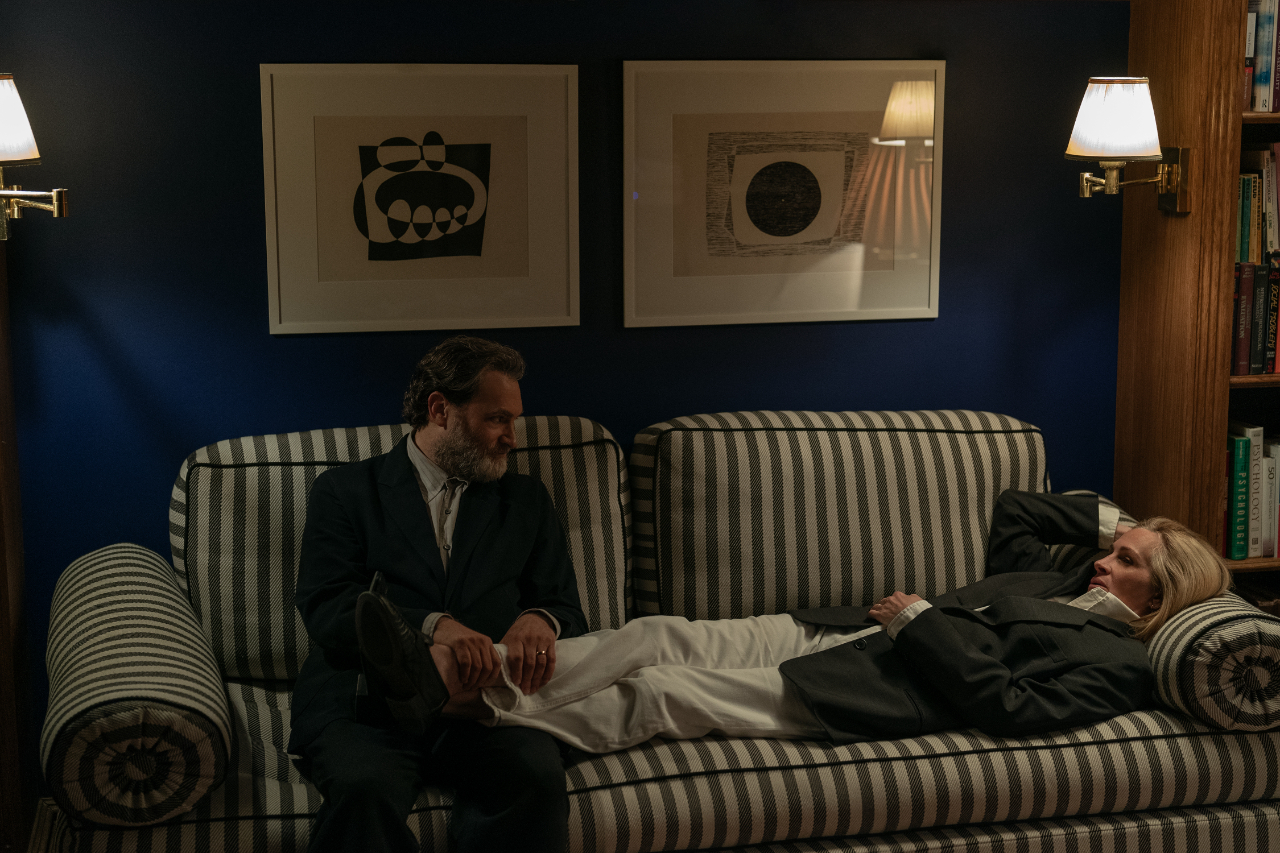
One of the most industrious directors currently working, Luca Guadagnino succeeds last year’s double bill (Challengers and Queer) with an abrupt change in gear, as After the Hunt departs from his core motif of desire and instead veers towards dark academia and philosophical debate.
Yale professor Alma Imhoff (Julia Roberts) may be happily married, still she basks in the admiration of her star pupil Maggie (Ayo Edebiri) and close colleague Hank (Andrew Garfield). When one comes forward with accusations of sexual misconduct against the other, Alma is suddenly faced with the flip side of being the centre of attention.
Naturally, in a he-said/she-said scenario like this, one eagerly awaits the disclosure of what really happened, yet the feature’s focus lies with Alma and her moral conundrum: turn her back on one of her closest friends or risk being ostracised as a traitor to her gender. Her calculation is distinctly political as she weighs personal and professional consequences for herself, rather than earnestly considering the people involved.
Presented as a thriller, After the Hunt doesn’t offer any of the straightforward edge-of-your-seat tension that would come with the territory, when the audience is invested in the protagonists’ fates. Instead, the deliberately cold and aloof academic setting turns the film into an uneasy study in waiting for the other shoe to drop. Guadagnino cleverly subverts the likability of the key actors and the audience’s Pavlovian feelings of goodwill towards them, as none of the three establishes themselves as particularly sympathetic figures. Inevitably, viewers might side with one viewpoint or another, yet there is little satisfaction in recognising parts of themselves in these questionable characters.
The script’s intellectualised focus doesn’t play to the filmmaker’s usual strengths of framing corporeality, but Guadagnino’s signature peaks through in small moments, such as Frederik Imhoff (Michael Stuhlbarg) massaging his wife’s ankles. The fact that this is the director’s first collaboration with cinematographer Malik Hassan Sayeed may account for the fact that the visuals have a very distinct feel to them and lack Sayombhu Mukdeeprom’s intimacy. Characters are aligned in a certain geometric arrangement, staged within their surroundings like pieces on a chessboard.
Roberts leads the ensemble with a sharply measured and composed performance. There is a simmering intensity underneath her glacial exterior that faintly recalls Cate Blanchett’s Lydia Tár, a generation of women that has learned to play by the rules of the patriarchy, not defy them. Like an ace up Guadagnino’s sleeve, Stuhlbarg brings emotional complexity to not only his character, but his and Alma’s marriage, revealing layers of Alma otherwise unseen.
Even if Queer’s surreal and metatextual elements alienated some viewers, it is the comparatively contained After the Hunt that truly divides opinion on the filmmaker. Through the feature’s refusal to break the discourse on sexual politics down into easily digestible parts, the audience is forced to confront moral ambiguity head-on and reflect, rather than absorb. It all makes for an uncomfortable watch, but exactly therein lies its brilliance.
Selina Sondermann
After the Hunt is released on 17th October 2025.
Read more reviews from our Venice Film Festival coverage here.
For further information about the event, visit the Venice Film Festival website here.
Watch the trailer for After the Hunt here:


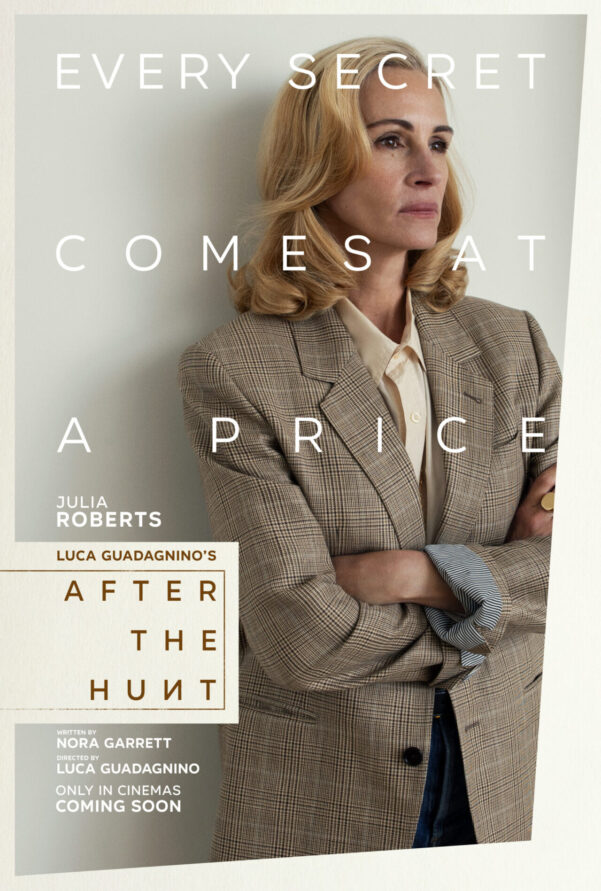
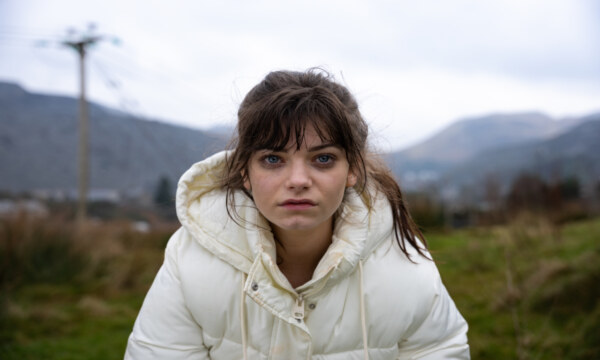
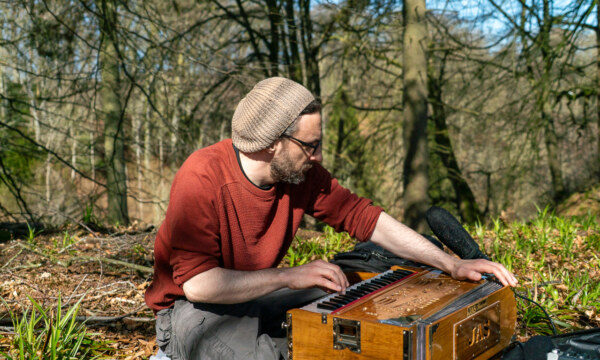
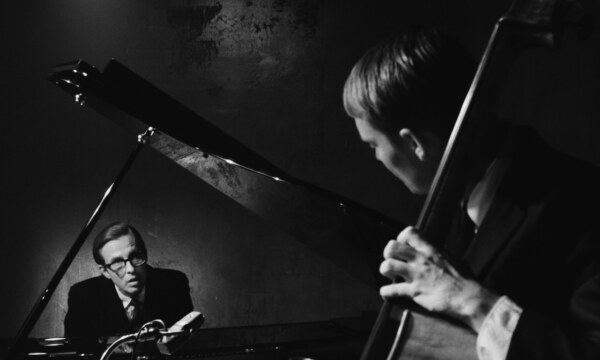
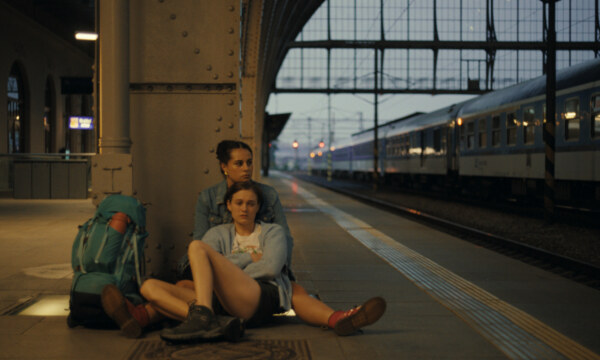
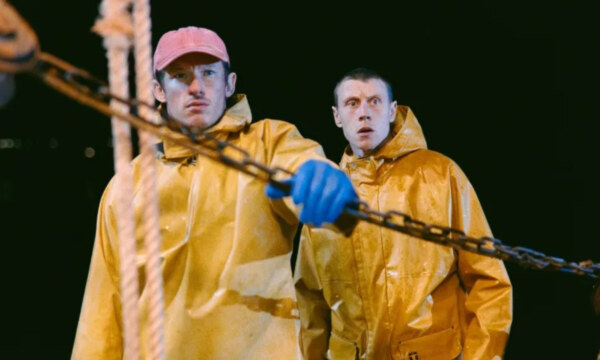
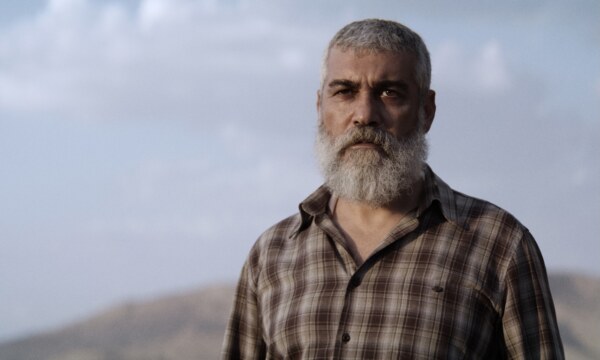
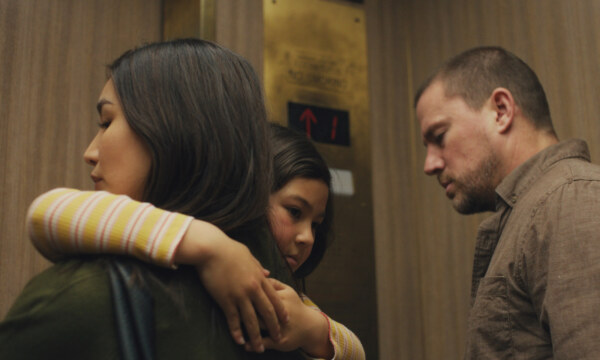
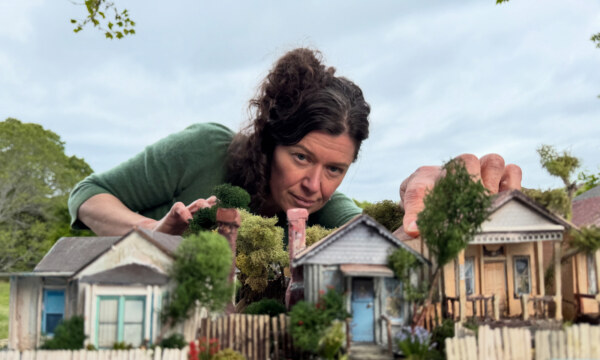
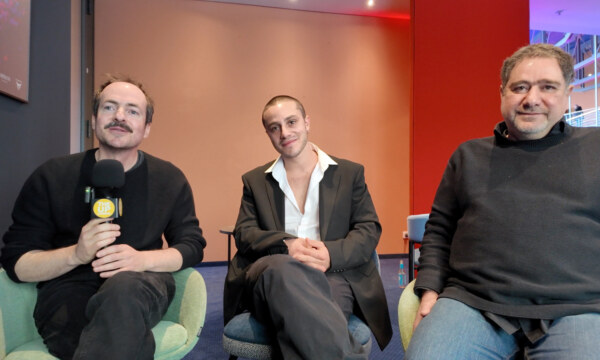





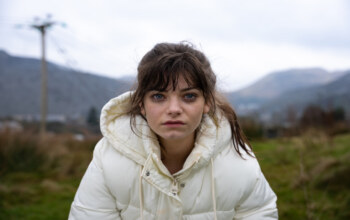
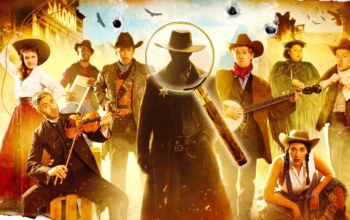
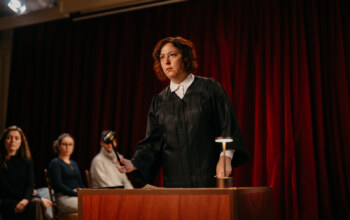




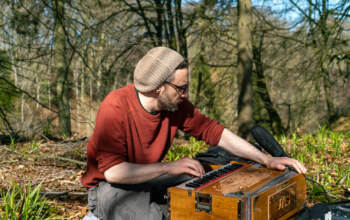
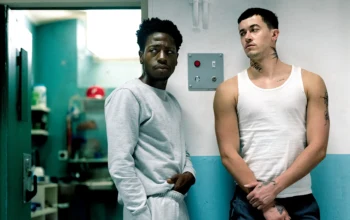
Facebook
Twitter
Instagram
YouTube
RSS